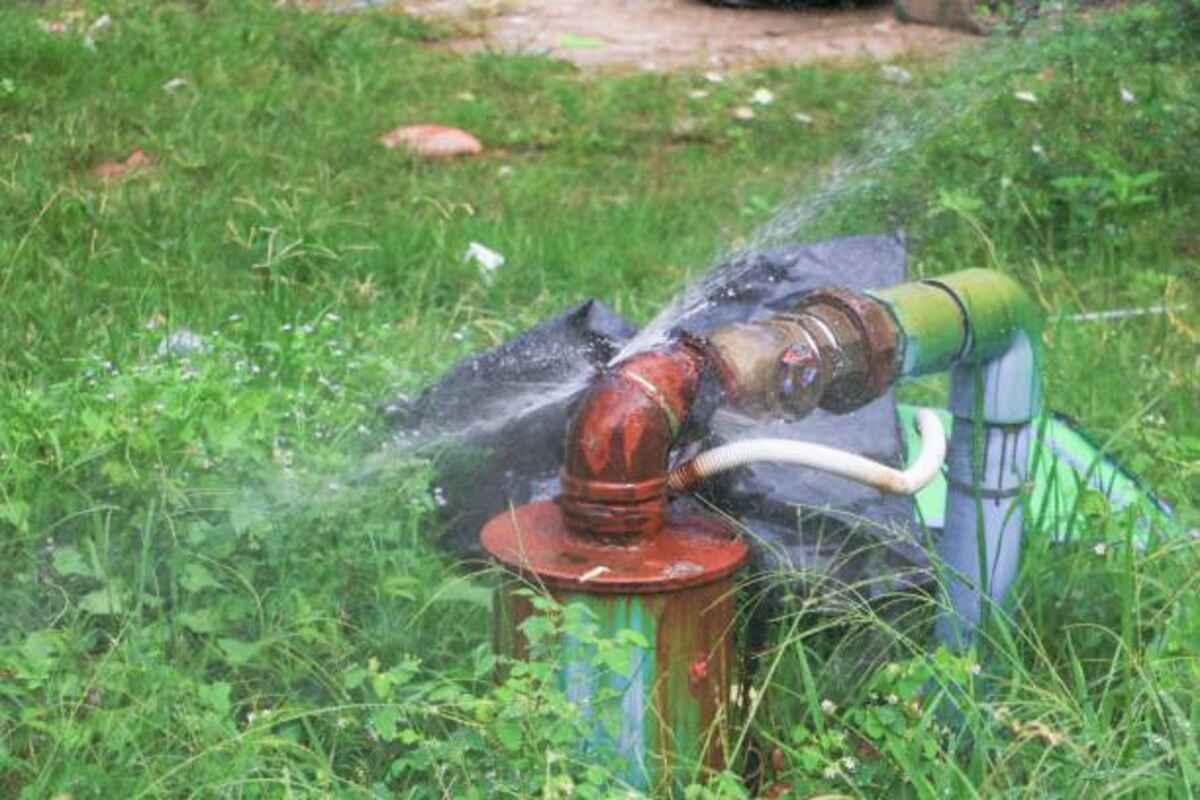Plumbing is an excellent way to build a successful career and own your own business.
Apprentice plumbers may choose to join a union in order to take advantage of benefits such as health insurance and retirement savings plans, in addition to attending classes taught by a master plumber.
Plumbing License Requirements
The State Board of Maryland regulates plumbers and grants them licenses while also issuing natural gas fitter certificates to non-plumbers offering propane gas services throughout Maryland. Some localities may have additional licensing requirements, so it’s wise to consult them prior to starting any plumbing work in their community.
To become licensed as a plumber, at least four years of experience as an apprentice plumber supervised by a master plumber is necessary. You also must pass both journeyman and master plumber exams administered by PSI; PSI works directly with the State Board to help with these examinations, and their tests cover topics like plumbing safety, materials, traps, fixtures and appliances supply systems backflow prevention, waste systems plumbing mathematics along with plumbing mathematics for master plumber exams whereas for journeymen plumber exams there will only be 75 questions covering similar subjects on journeyman exams.
Once you obtain a master plumbing license, you can perform installations and supervise other plumbers on jobs. Furthermore, joining a union provides many advantages, including health insurance and pension plans.
Steps required in starting your own plumbing business include determining pricing strategies, finding plumbing apps, hiring employees, and having appropriate insurance policies such as general liability and professional indemnity coverage.
Plumbing License Applications
Maryland is an ideal state for anyone interested in becoming a plumber, with straightforward licensing requirements and accessible apprenticeship programs like the Maryland PHCC Apprenticeship Program offering plumbing apprenticeship opportunities. Plus, Maryland boasts an abundance of resources dedicated to supporting potential plumbers!
After you complete your apprenticeship, PSI offers master and journey plumber/gas fitter exams at least once every week at various locations throughout the state. Before taking the exam, candidates are advised to read the Candidate Information Bulletin, which includes details regarding work experience, eligibility, and exam fees.
Maryland, unlike some states, does not prohibit anyone with a criminal background from applying for a plumber’s license. Instead, its State Board of Plumbers evaluates every applicant individually by considering factors like your criminal history and crime type as well as the time that has elapsed since any offense took place.
Licensed plumbers have the skills and qualifications needed to build and repair pipes, install fixtures, inspect for code violations in residential dwellings, and advertise their services legally while also legally advertising, obtaining commercial insurance, and bidding on government contracts. In an emergency, they can even make service calls to perform emergency repairs.
Plumbing Apprenticeship Program
The Maryland PHCC Apprenticeship Program offers you an opportunity to study the plumbing trade and become a journeyman plumber after four years of hard work. Earn while learning with an experienced master plumber; pass a licensing exam; take 32 hours of backflow prevention device testing training – all required!
The apprenticeship program is open to high school students, college students, and adults already working in the industry. It combines on-the-job training with classroom instruction in order to help prepare them for the state journeyman test and includes a 10-hour construction outreach course covering topics such as OSHA safety standards, occupational health/HAZCOM regulations, personal protective equipment (PPE), scaffolds/ladders, electrical wiring/wiring techniques/welding & cutting processes as well as excavation/trenching work/ excavation trenching/trench work confined spaces.
Plumbers are in high demand, offering secure careers with plenty of opportunities for advancement. Many journeymen plumbers join a union, which may provide additional benefits like access to pension plans and health care coverage.
Applying for a state license requires careful evaluation on an individual basis. Your criminal history could affect eligibility; however, the Board will consider factors like the type and severity of crime committed as well as your current standing in your community when making their determinations. In certain instances, they may waive background check requirements altogether.
Plumbing Journeyman License
After working as an apprentice plumber for at least four years and completing 7,500 hours of apprenticeship training and passing a comprehensive written exam, an apprentice plumber may apply for a journey plumbing contractor license in Maryland. Once granted this license, journey plumbers can work under direct supervision from either a master or limited master plumber holder until passing their backflow prevention device test training and passing their written exam before being eligible to apply for master plumber licensing – with an additional 32 hours of backflow prevention device test training and written exams before moving up the licensing ladder toward master plumber licensing as an ultimate goal!
The State Board of Maryland partners with PSI, an outside testing company, to administer its plumbing licensing exams. To take part in one, all supporting documents related to employment history and education/training, as well as payment of the $65 exam fee, must be sent directly to PSI for processing, in addition to in-person and online exams offered by PSI and State Board of Maryland, respectively.
Assuming you have a master or journey plumber overseeing and accepting liability should anything go wrong, working as a plumber in Maryland without a license is possible; however, the State Board of Maryland does not recognize permits from other states; Delaware remains reciprocal for licensing purposes only.


